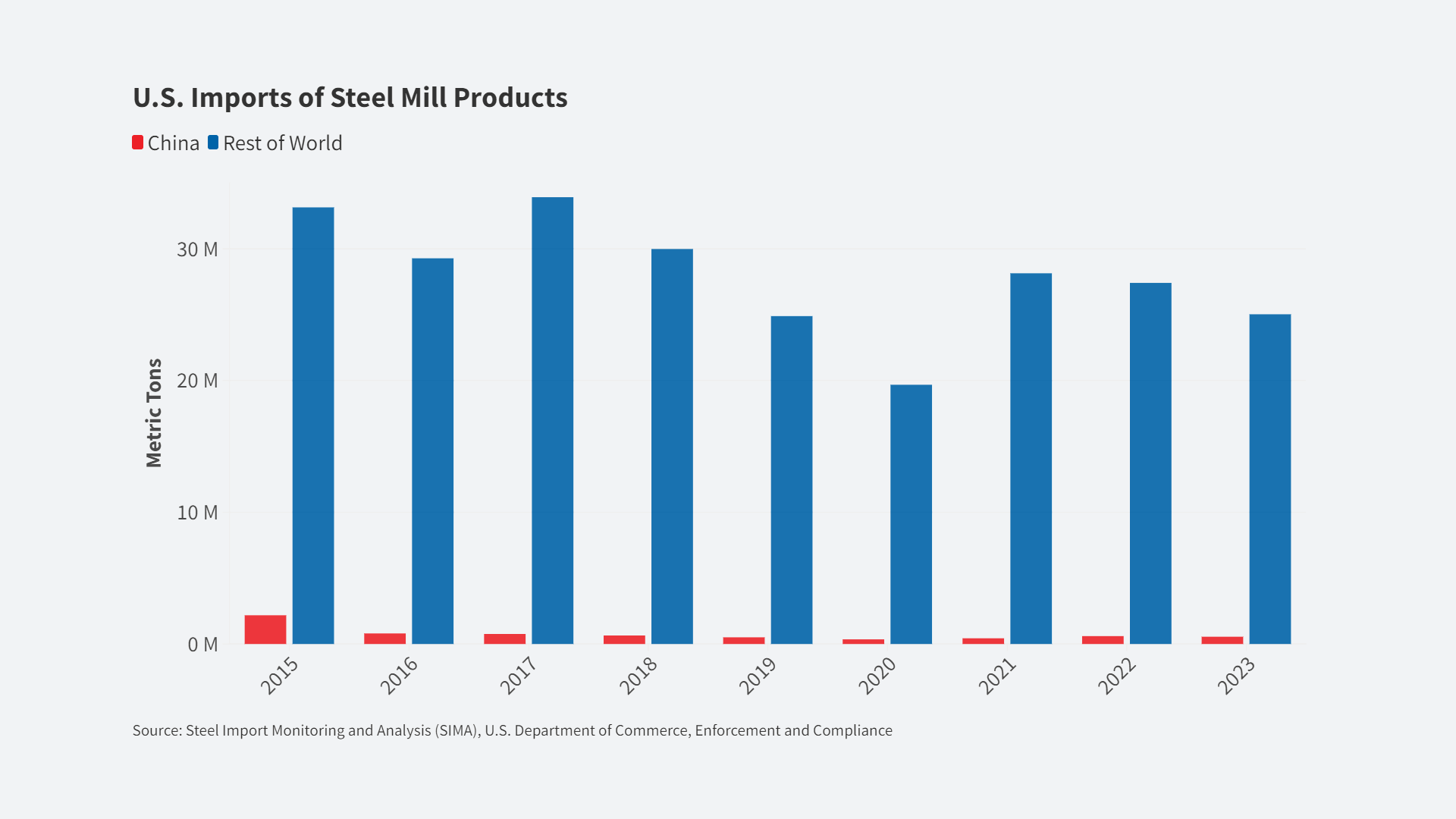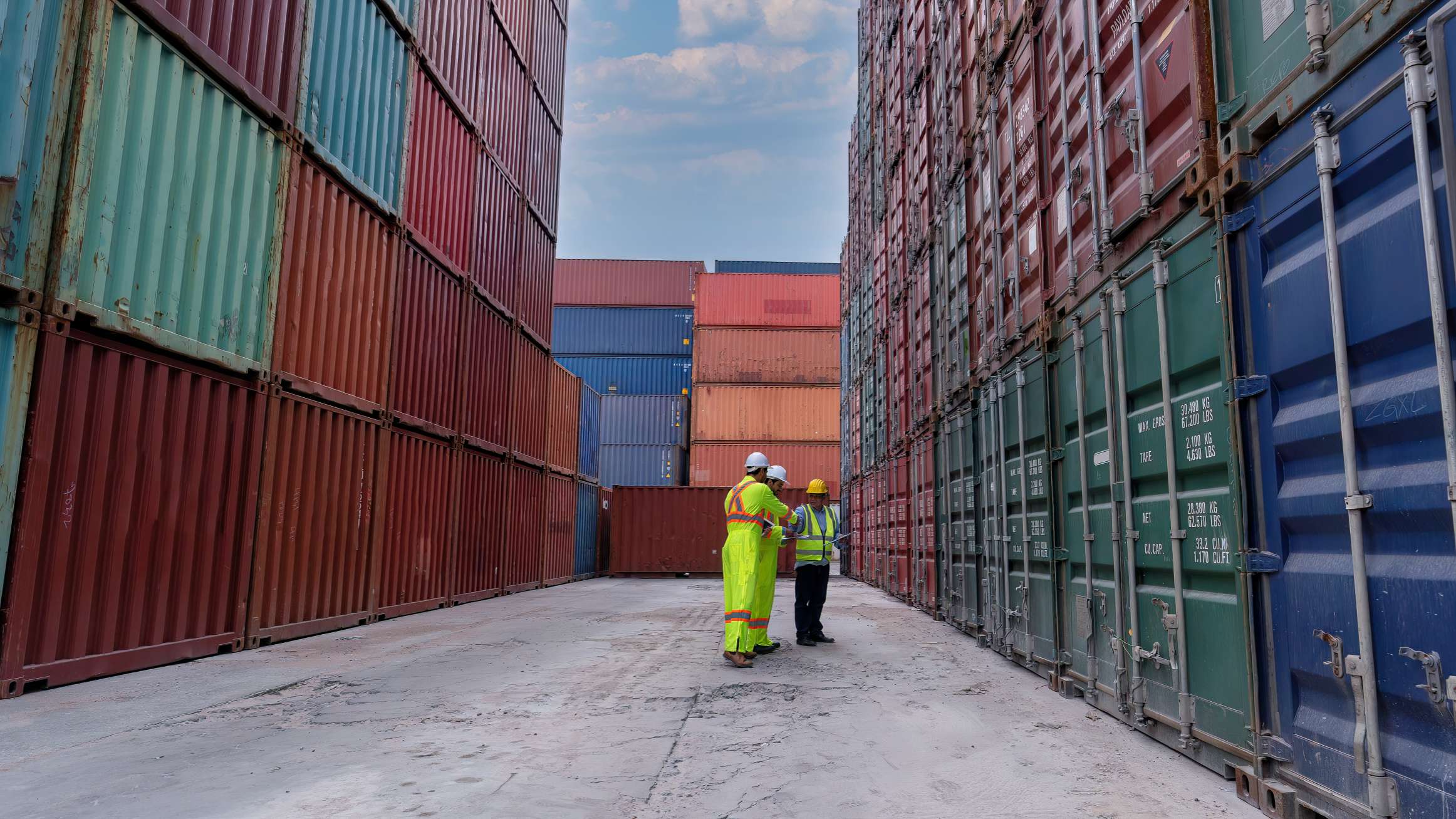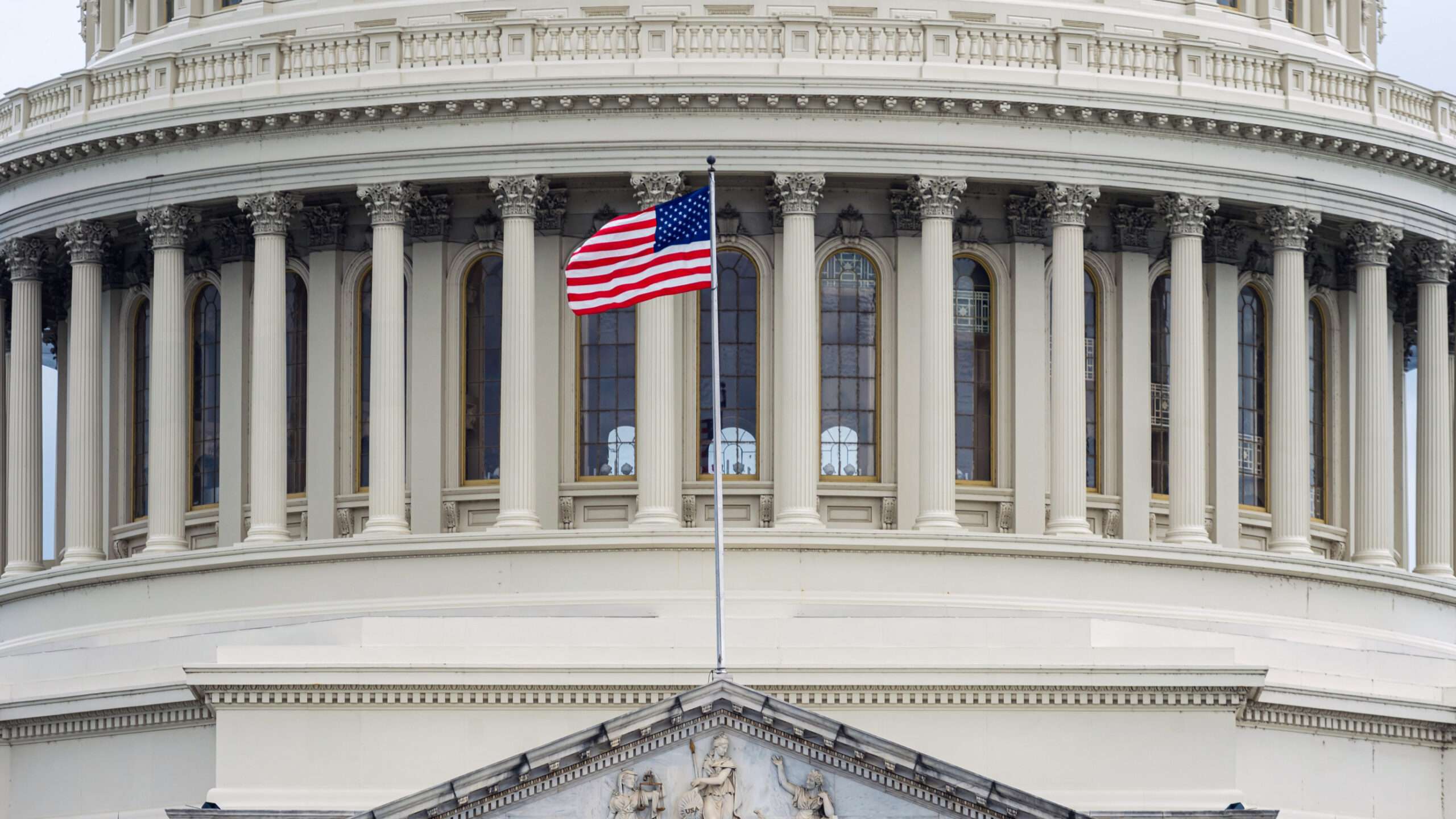WASHINGTON — The Coalition for a Prosperous America (CPA) today released a list of 50 Chinese enterprises with publicly reported links to, or usage of, forced labor in the People’s Republic of China (PRC) identified using open-source research. The companies included in this list are publicly traded, including both mainland-listed and Hong Kong-listed stocks, as well as those traded in exchanges abroad. As a result, these Chinese entities have exposure to U.S. capital markets and American investors.
CPA’s data found these companies to be included in several major indexes and passive investment products — like Exchange Traded Funds (ETFs) and mutual funds — thereby exposing tens of millions of American retail investors to the financial risks and moral hazards inherent in holding the securities of these alleged corporate “bad actors”.
While all of the companies included in CPA’s data list are implicated in the use of forced labor, according to our open source research, some of these companies have already been sanctioned by the U.S. CPA first submitted its data to the Congressional-Executive Commission on China (CECC) chaired by Representative Christopher H. Smith and co-chaired by Senator Jeff Merkley.
CPA’s exclusive data shows which of these Chinese corporate entities are included in major indices like MSCI, FTSE-Russell, and Dow S&P. While this represents a small selection of some of the largest index funds, as publicly traded companies these Chinese entities have broad exposure to a large universe of ETFs and index funds that are offered as investment vehicles by Wall Street. CPA’s data indicates that these malign Chinese companies are included in the investment products of BlackRock, Vanguard, and other large Wall Street firms. As a result, millions of average American investors are unwittingly investing in Chinese companies that are publicly linked to forced labor abuses via their pension funds, mutual funds and ETF holdings, and other retirement and investment products.
“CPA’s research provides further evidence that Wall Street is actively helping to finance the Chinese Communist Party’s use of forced labor,” said CPA Chairman Zach Mottl. “Despite a near unanimous vote in Congress to pass the Uyghur Forced Labor Prevention Act to increase the tools required to stop the importation of forced labor goods and strengthen bipartisan efforts to prevent forced labor goods from entering our nation, U.S. investor capital is funding Chinese companies who profit from forced labor. The Congress and Biden administration should take action immediately to halt the funding of these corporate labor and human rights abusers via our capital markets.”
“It’s unconscionable that publicly traded Chinese companies knowingly trafficking in forced labor are permitted to raise funds and trade on U.S. exchanges with complete impunity,” stated Roger W. Robinson, Jr., former Chairman of the Congressional U.S.-China Economic and Security Review Commission. “This must be brought to an end via bipartisan legislation, if the Biden administration fails to act immediately to remedy this human rights scandal. The Congress should also demand that the Treasury Department, the SEC and the National Economic Council reveal and publish within 30 days the total amount of financial risk exposure of scores of millions of American retail investors to the over 5,000 Chinese companies presently traded in our capital markets and the identities of these Chinese enterprises.”
Below are two examples of Chinese companies on CPA’s list released today that have been implicated in the use of forced labor and that are being held in the investment portfolios by American investors.
- Huafu Fashion: More than 20 percent of the world’s cotton is produced in Xinjiang. The U.S. Customs and Border Patrol (CBP) agency has identified cotton as a high-risk sector for ULFPA implementation. Huafu Fashion sources cotton from Xinjiang and is a subcontractor for Adidas, GAP, Lululemon, and Target, to name a few brands. (as of August 2022).
- OFILM Group: OFILM is a major manufacturer of optical components and equipment, including surveillance cameras and infrared filters deployed in Xinjiang. OFILM has also been implicated in forced labor accusations in Xinjiang, leading Apple to cut ties with the company in 2021.
View the data online here.
Last year, CPA released its findings regarding the Thrift Savings Plan’s (TSP) new Mutual Fund Window. As first reported by the Wall Street Journal, CPA’s deep-dive into the Mutual Fund Window’s offerings document a disturbing level of risk exposure to companies owned or controlled by the Chinese Communist Party (CCP). Shockingly, the Federal Retirement Thrift Investment Board (FRTIB) admitted publicly that it has not conducted any due diligence to evaluate whether these mutual funds include CCP-controlled entities that pose national security and human rights risks, including U.S.-sanctioned Chinese enterprises.
In the coming weeks, CPA will release additional research data that will identify the publicly traded surveillance technology companies that help enable the forced labor regime to prosper in Communist China.
Methodology:
In compiling this list of 50 publicly traded companies, CPA initially examined companies with publicly reported links or usage of forced labor in China found using open-source research. The companies ultimately selected for the list have such links and are publicly traded, including mainland-listed stocks traded on U.S. exchanges (so-called “A shares”). All companies listed are reported to have ties to the oppression of ethnic minorities within Chinese Territories. We determined that a number of these Chinese corporate forced labor offenders are included in popular American indices and investment products benchmarked against these indices.
Disclaimer:
This document reflects the CPA’s own conclusions based on inferences drawn from an analysis of public and proprietary sources and is designed for general information to contribute to public discourse on issues of national concern. CPA disclaims, to the fullest extent permitted by applicable law, any and all liability for the accuracy and completeness of the information in this document and for any acts or omissions made based on such information. CPA is not engaged in rendering any form of professional or other advice or services through the publication of this report. No person or entity should rely on the contents of this publication without first obtaining their own professional advice.













